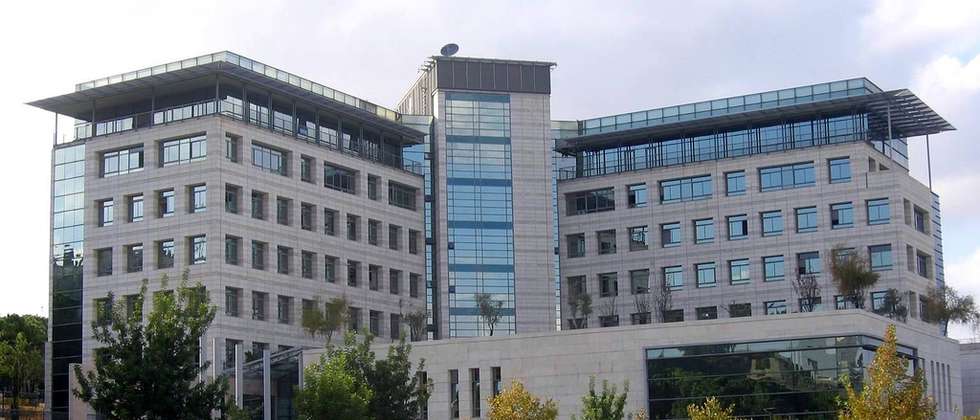With the system, said Ido Mizrahi, a vice president at Biotronik Israel, doctors can keep an eye on their patients’ hearts every day. “Usually a patient will come into the doctor’s office for a checkup once every few months, but with the new technology, they can be remotely examined every day,” Mizrahi said.
The Etrinsa HF-T was implanted last week inside a patient at Barzilai Hospital on the same day that similar groundbreaking operations happened in France and Germany. The system showed its effectiveness within days, according to Mizrahi. “A few days after receiving the implant the patient developed cardiac arrhythmia, which could have led to complications. Instead of waiting weeks to return to the doctor for a follow-up, as patients with ordinary pacemakers would, doctors knew about this patient’s problem right away, and were able to treat it before it could deteriorate.”
With the new cardiac resynchronization therapy pacemaker (CRT-P), said Mizrahi, doctors can get immediate information, such as a patient’s cardiac arrhythmia, to physicians via the mobile Internet. The doctors can immediately detect when there is a problem and intervene before the situation deteriorates. Biotronik, a German-based medical technology company with sales around the world, is the first to apply communications technology to pacemakers. The firm, along with several others, offers remote cardiac resynchronization therapy defibrillators, used to detect asynchronous activity in the heart’s left and right ventricles.
The pacemaker connects to Biotronik’s Home Monitoring system and automatically uploads data. Physicians get regular updates on how the pacemaker is functioning. The data goes into the patient’s file and, using Biotronik software, is crunched and charted. The connected pacemaker does all the work, automatically and works even when the patient is sleeping. According to Biotronik, the radiation emitted by the device is far less than the FDA limit for electronic body monitoring devices.
According to the company, the system is not meant for emergencies. The information is delivered via text messages on the cell network, which are not always delivered immediately. In case of an emergency, Biotronik says, “the patient has to call a doctor in the usual way. Doctors can see how problems develop very early on, so they can detect a problem weeks before the patient begins to feel symptoms,” said Mizrahi. “If a problem does begin to develop, the system will send out yellow and red alerts, ensuring that the doctor is aware of the importance of the situation and allowing the patient to receive care long before they usually would have, on their regular quarterly or semi-annual visit.”
The device is part of the burgeoning digital health/connected health movement, in which health professionals have begun to marshal the power of digital devices to help people live healthier lifestyles, along with enabling doctors, employers and insurance companies to keep tabs on patients. Devices and apps are available to monitor weight, blood pressure, heart rate, cholesterol levels, glucose levels and other data. Sensors that communicate with smartphones or remote servers can read what is going on inside the body and upload it to individuals’ online medical files. Doctors can access the files to get a full picture of the progress clients are making in getting healthier. The collected data can even be used to prevent medical emergencies, with an alarm going off at an emergency rescue service, indicating that the patient needs immediate care.
Israel has been at the forefront of developing connected medical devices, which use sensors connected to devices like glucose meters to read blood sugar levels and upload the data to care practitioners. Large health concerns, such as GE Healthcare, have operated in Israel for years and have worked with numerous Israeli start-ups to develop new apps and devices, such as the oximeter, a blood oxygen monitor developed by Israel’s Oxitone.
According to Dr. Vladimir Khalameizer, director of cardiology at Barzilai, “devices like this allow us to provide the best possible care. The sooner I know about a problem, the faster I can deal with it, and that is exactly what this pacemaker does. I consider it a singular honor that our hospital was chosen among the first to have the opportunity to use this device.”


